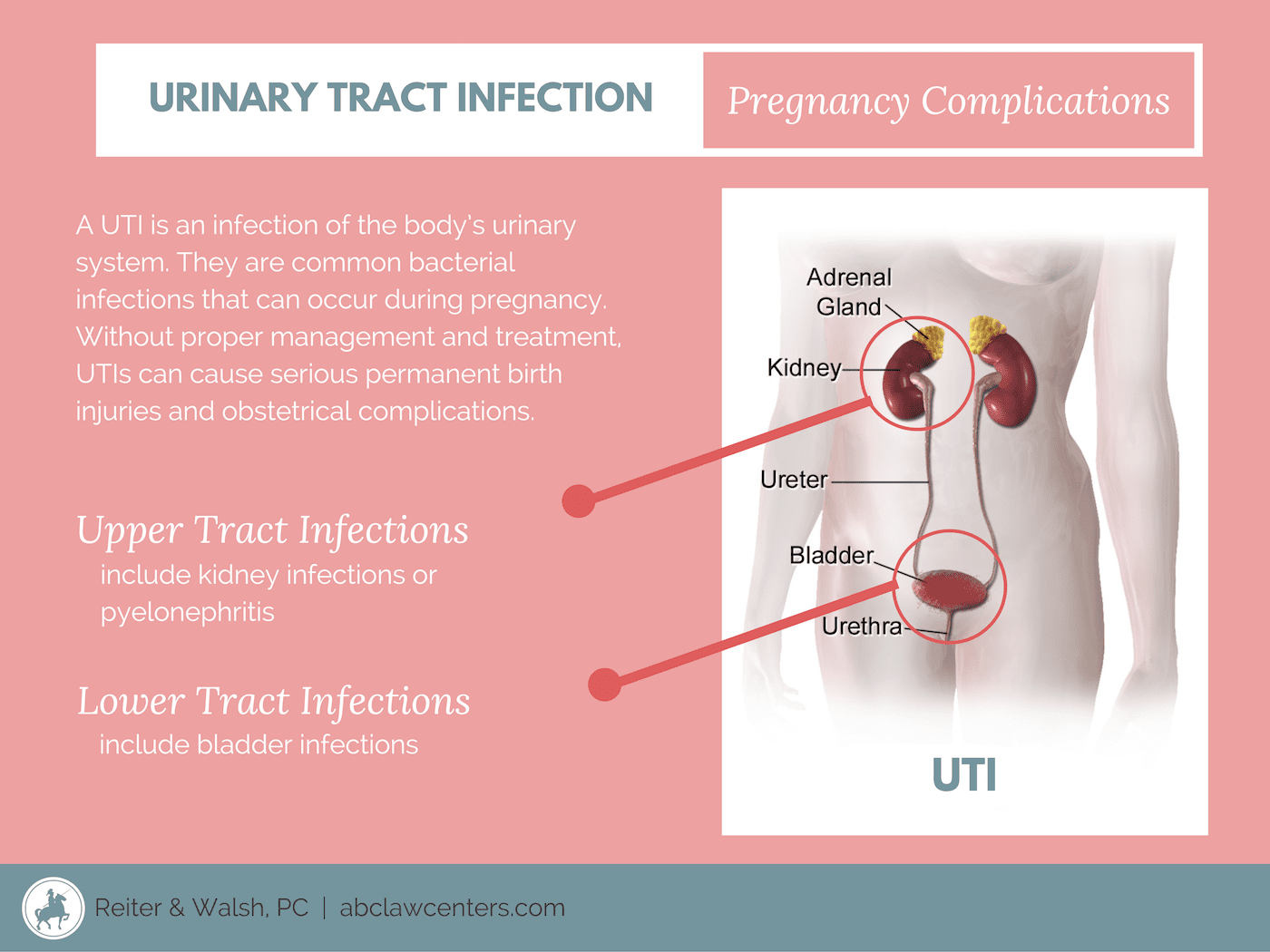
Urinary Tract Infections (UTIs) During Pregnancy: Symptoms and Management
Urinary tract infections (UTIs) are a common health concern during pregnancy, affecting up to 20% of expectant mothers. UTIs occur when bacteria enter the urinary tract and cause inflammation and infection. While most UTIs are treatable, they can lead to serious complications if left untreated.
Symptoms of UTIs During Pregnancy
The symptoms of UTIs during pregnancy can vary depending on the severity of the infection. Common symptoms include:
- Frequent urination: Needing to urinate more often than usual, even when there is little urine in the bladder.
- Painful urination: Burning or stinging sensation during urination.
- Cloudy or foul-smelling urine: Urine may appear cloudy or have a strong odor.
- Pelvic pain: Pressure or discomfort in the lower abdomen or back.
- Fever and chills: In severe cases, UTIs can cause fever and chills.
Risk Factors for UTIs During Pregnancy
Certain factors can increase the risk of developing a UTI during pregnancy, including:
- Hormonal changes: Pregnancy hormones can relax the muscles in the urinary tract, making it easier for bacteria to enter.
- Increased blood flow to the urinary tract: This can create a more favorable environment for bacteria to grow.
- Urinary stasis: Pregnancy can slow down the flow of urine, allowing bacteria to accumulate.
- Previous history of UTIs: Women who have had UTIs in the past are more likely to experience them during pregnancy.
- Diabetes: Women with diabetes are at an increased risk of developing UTIs.
Complications of UTIs During Pregnancy
If left untreated, UTIs during pregnancy can lead to serious complications, including:
- Pyelonephritis: A kidney infection that can cause fever, chills, nausea, and vomiting.
- Preterm labor and low birth weight: UTIs have been linked to an increased risk of preterm labor and low birth weight.
- Placental abruption: A condition where the placenta separates from the uterus before the baby is born.
Diagnosis of UTIs During Pregnancy
Diagnosing a UTI during pregnancy typically involves a urine analysis and a physical examination. The urine analysis will check for the presence of bacteria, white blood cells, and other signs of infection. The physical examination will assess for any tenderness or pain in the abdomen or pelvic area.
Treatment of UTIs During Pregnancy
Treatment for UTIs during pregnancy typically involves antibiotics. The type of antibiotic and the duration of treatment will depend on the severity of the infection. It is important to take all of the antibiotics as prescribed, even if symptoms improve, to ensure that the infection is completely cleared.
Prevention of UTIs During Pregnancy
There are several things that pregnant women can do to help prevent UTIs, including:
- Drink plenty of fluids: Staying hydrated helps to flush out bacteria from the urinary tract.
- Urinate frequently: Do not hold urine for long periods of time.
- Wipe from front to back: This helps to prevent bacteria from entering the urethra.
- Wear cotton underwear: Cotton underwear allows the skin to breathe and helps to keep the area dry.
- Avoid using harsh soaps or douches: These can irritate the urethra and make it more susceptible to infection.
- Get regular prenatal care: Regular prenatal visits allow your healthcare provider to monitor your urine for signs of infection.
Conclusion
UTIs are a common health concern during pregnancy. While most UTIs are treatable, they can lead to serious complications if left untreated. It is important for pregnant women to be aware of the symptoms of UTIs and to seek medical attention if they experience any of these symptoms. By taking steps to prevent UTIs and following the recommended treatment plan, pregnant women can help to protect their health and the health of their baby.